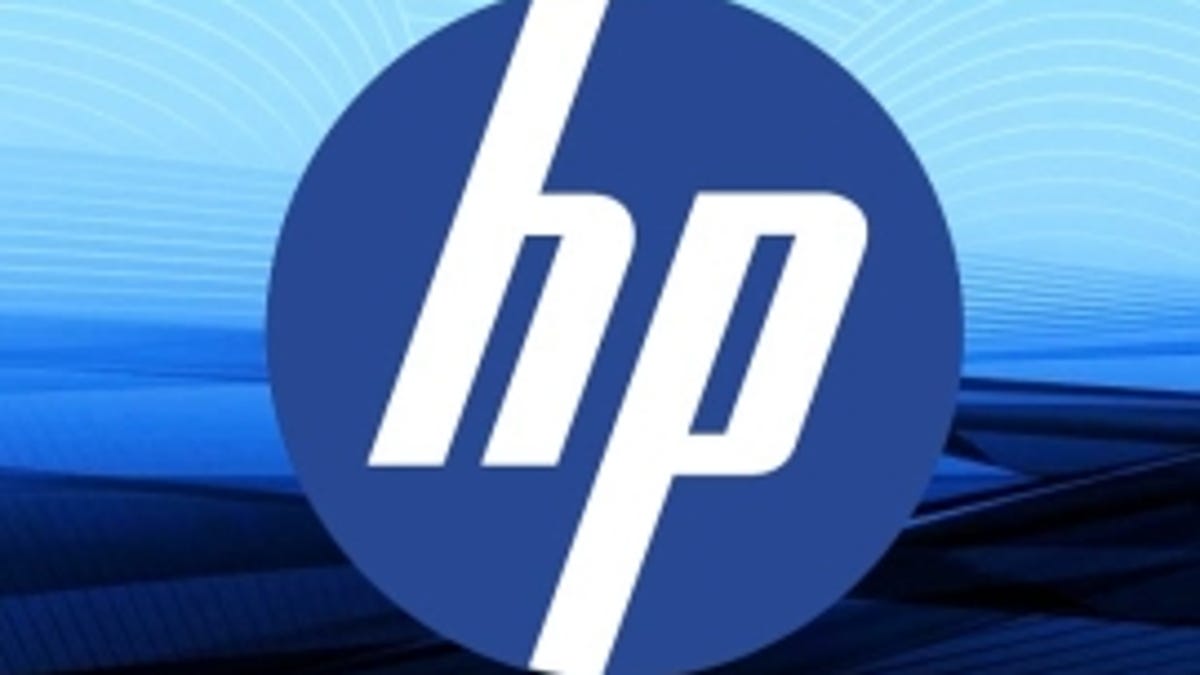HP won't offer an ARM-based Windows 8 tablet this year
Hewlett-Packard's decision to favor Intel-based x86 tablets for Windows 8 bolsters the suspicion that Win 8 on ARM, formally called Windows RT, faces a slow rollout.

Hewlett-Packard has chosen not to ARM itself as it preps for the debut later this year of tablets running Microsoft Windows 8.
The big Silicon Valley computer maker confirmed that its first Win 8 tablets will use Intel's x86 architecture, not the ARM-based chips that will run a variant of Windows 8 known formally as Windows RT. HP's first tablet will be aimed at business users, a company representative told CNET.
Windows 8 is the first full-fledged Microsoft operating system designed to run on both Intel and ARM processors. Earlier this month, Microsoft unveiled two self-built Windows 8 tablets dubbed "Surface" -- one of which runs on Intel architecture, the other on ARM chips.
Microsoft's presumed entry into the tablet market would bring it into direct competition with the manufacturers who license Windows for PCs and other devices, and it's led to no small amount of anguish among Microsoft's supposed partners. Among other things, some PC officials apparently claim that Microsoft had seen their designs for Windows 8 products before kicking off its Surface project.
An HP representative denied that the company was shunning Windows RT out of pique at Microsoft, saying the decision was made before Microsoft announced its Surface tablets.
In mid-May, CNET's Brooke Crothers reported that Windows RT devices are likely to roll out slowly, thanks in part to restrictions imposed by Microsoft, ostensibly to ensure that manufacturers produce a limited number of higher quality products.
Initially, in fact, the three major manufacturers of ARM chips -- Nvidia, Qualcomm, and Texas Instruments -- were reportedly only allowed to design their chips into two devices apiece (tablets, notebooks, or hybrids). The ARM chip platforms offered by each company are different. Qualcomm was reportedly working with HP on a tablet, though the status of that partnership isn't clear.
Here's the full HP statement:
I can confirm that at HP, we continue to look at using ARM processors in business and consumer products. However, our first Win 8 tablet will be on the x86 platform focused on the business market. The decision to go with x86 was influenced by input from our customers. The robust and established ecosystem of x86 applications provides the best customer experience at this time and in the immediate future.

